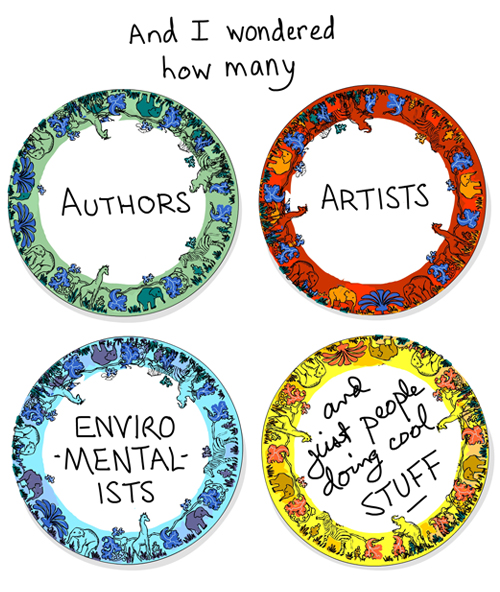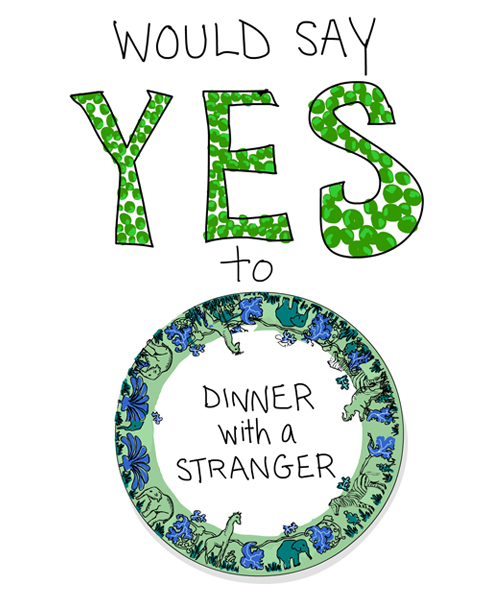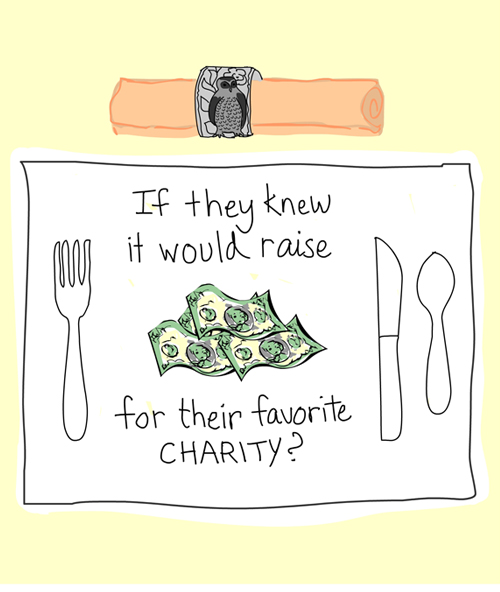At the age of 4 and 5, my first memories are of my servant Aisha who doted over me day and night. It was Aisha who played games with me when I felt lonely as my older siblings were at school. It was Aisha who ran after me, while I practiced my dangerous hobby of ‘pull the cat’s tail’ and ‘chase the butterfly.’ Aisha often laughed at these facetious games I played, asking me why I enjoyed hurting innocent animals so much.When I was 6, Aisha left our home in the heart of the cosmopolitan city of Karachi for her village of Gharo just outside of the city, located within our shared province of Sindh. At the age of 17, she was leaving our home to start her own. The period of adjustment without Aisha in my life was not hard as I had many other attentive relatives who sought after me. Yet they could not provide the same 24 hour surveillance as Aisha. She protected me from the world outside.
Even after she left, Aisha’s name was never forgotten in our household, especially when my parents reminisced her dutiful service in comparison to the ‘servants nowadays’ who had to be replaced constantly. My mother faulted this constant cycle of replacing servants to the constant influx of migrants from other provinces of Pakistan, who had come to our ‘city of lights’ seeking employment. Ammi* sometimes attributed their quick turn out to the congenital defects inherited from their ethnicity.
In fact, my parent’s insights were not restricted to servants but also to beggars. From the back of our air conditioned Honda Civic, my siblings and I noticed the divisions between our world and the balmy one outside. I remember waiting for a signal to turn green off Shara-e-Faisal main road, when a lone arm stretched out its palm through the window of our Honda, interjecting itself between our two worlds. It belonged to an old man in a shalwar* which was once white. Now it was gray due to the heavily-polluted road where he begged for money every day.
I am not sure whether the old man was prompted to cross the boundary consigned by our window due to his courage or desperation? For us, it was an act of intrusion, suddenly reminding us of the dirty world outside. My parents ignored him. They told us to avoid contact with him, to save our money, for he is of the same ilk as the beggar women with babies by the roads. We listen closely as the truth is exposed. We are told in lurid tones: the women steal their babies to use them as props, dousing them in cough syrup to make them ‘appear sick’. It is all an act in which we oblige dutifully.
—
When I was 14, we had a new servant of the same age. Her name was Asma. She spoke in a mix of Urdu and Sindhi and peeled with laughter when I would wrinkle my nose, unable to understand her. We pretended that I was her teacher and she was my student as I used to teach her English. While teaching her new phrases, I helped her around the house to accomplish her work faster and she could leave early. HellohowareyouIamfine, she would mimic me. As soon as she would return home, she took care of her four younger siblings while her parents were at work.
When I helped her to clean, I only slowed her down of course. To wash dirty dishes and iron clothes, I took ten times longer than Asma. Yet, my parents applauded my efforts and humored me. I beamed proudly. They sniggered while telling their friends “Sarah is trying to teach the servants English.” While it was a game for me, for Asma cleaning up the mess left by others was part of her daily routine.
The first winter that Asma worked for us, there was an abrupt fall in the temperature. On several occasions, I would see rickshaws resembling rockets; heaters jutting out of them on the way to being transported to their new homes. It was during this chilly winter that Asma began to cough, a cough which would worsen every day. When I questioned her as to why she wouldn’t wear a sweater on the way to work to avoid the morning chill, she replied obsequiously:
“Bhaji, I don’t have one!”
“Well why don’t you buy one? What is the cost?” I implored her, sticking to our roles, as teacher and wayward student.
“I don’t know because I have never bought one before,” she told me as if I was the one being silly.
I told Asma to find out the cost of a new sweater, thinking I would spend my Eid money on her; a worthwhile expense. I could not tell my parents of my plan to help Asma as they always advised me against giving money to the poor. I felt a thrill at the thought of going against their will. The next day Asma came home, she told me the cost of a used sweater; 75 rupees. I took a 100 rupee note from the stash of money at the back of my closet. Crumpling it into my hand, I passed it on to Asma when no one was looking.
As the bill was transferred from my smooth palm into Asma’s callous palms, the constant reproaches of my mothers echoed in my mind. “Don’t give them money. Money only wets their appetite!” Don’t all people deserve to be happy? I asked myself.
The following day, Asma came to work with her new sweater. I felt proud of myself for affording her the garment; my thirst to perform a good deed, quenched. When we were alone together that day, she whispered to me: “My sister’s husband was at work yesterday in our village, and his hands got burned while he was working.” At first I avoided her eyes and behaved as if I had not heard her. She repeated her words furtively, still trying to meet my gaze.
“My sister’s husband was at work yesterday in our village, and he burned his hands up to his elbows while working in a factory. His family has no income now that he is out of work.”
“Oh?” I feigned interested. I felt numb.
“He needs 700 rupees for the doctor’s fee…”
I left Asma then. My heart was guiding me to the stash of money I had kept in my closet, but my legs were directing me in a different direction. Don’t all people deserve to be happy? I asked myself again.
—
* Mother
* Traditional outfit worn by Pakistanis


